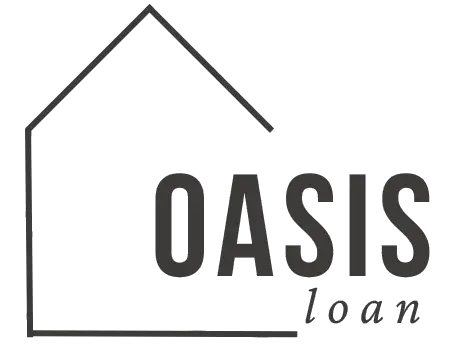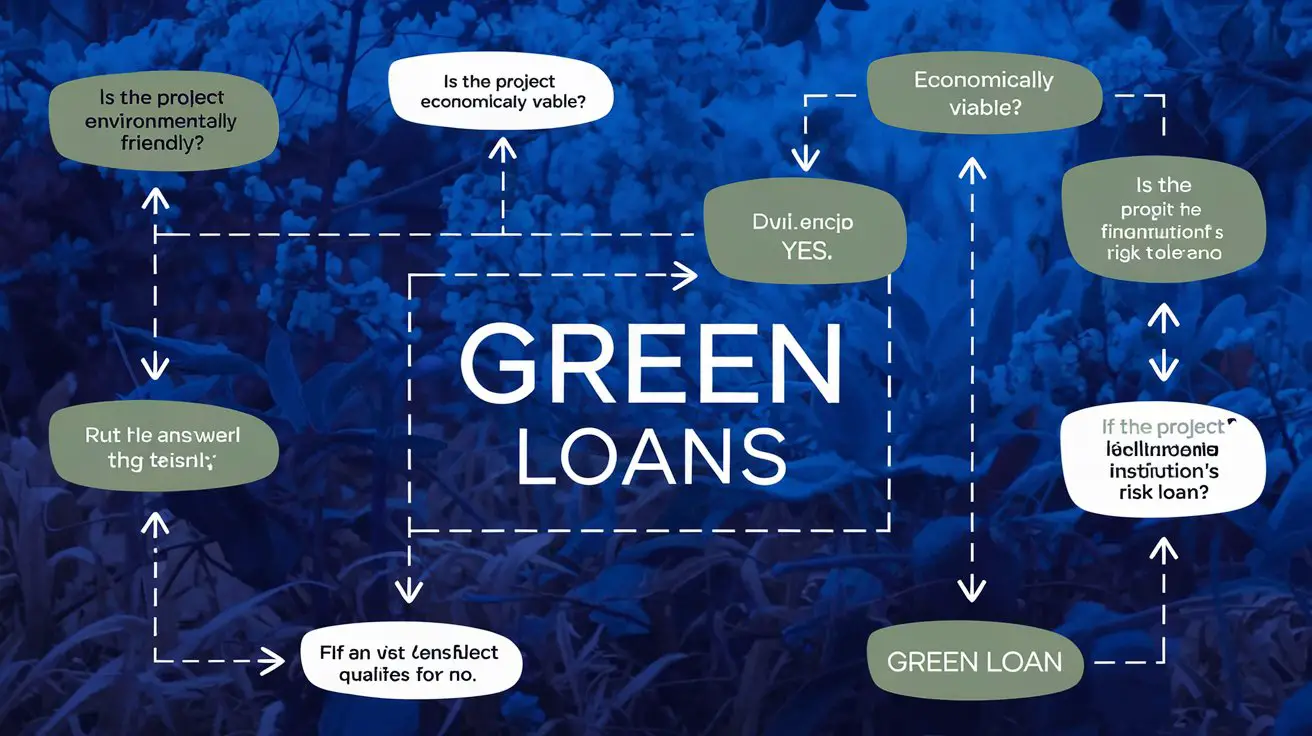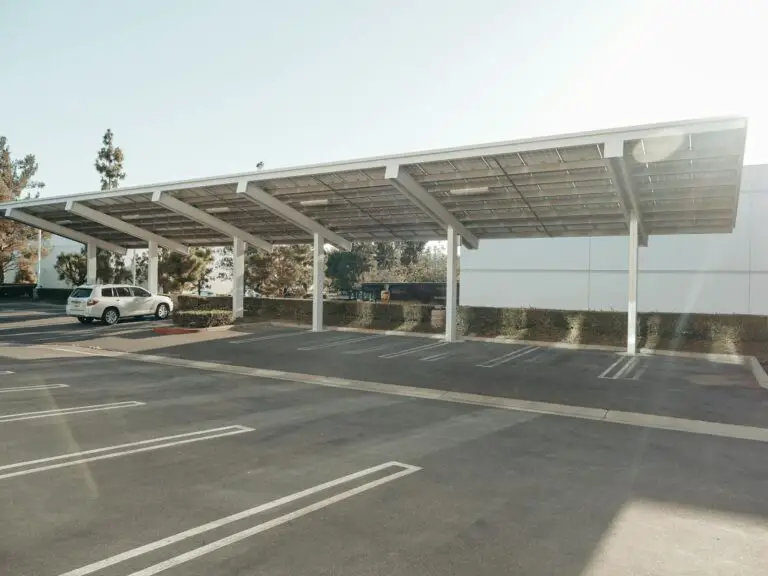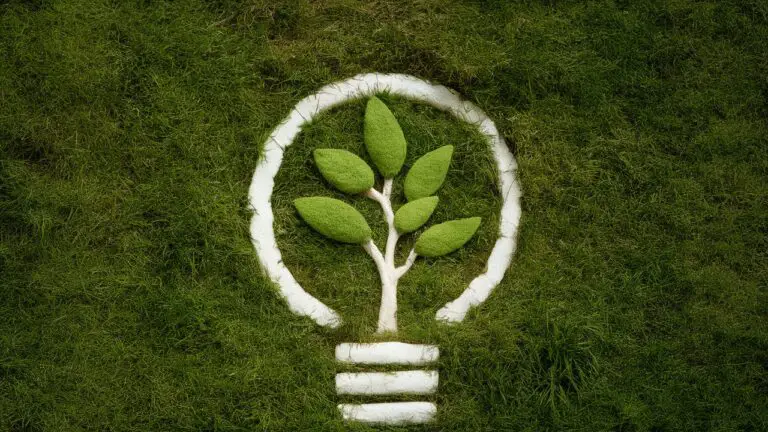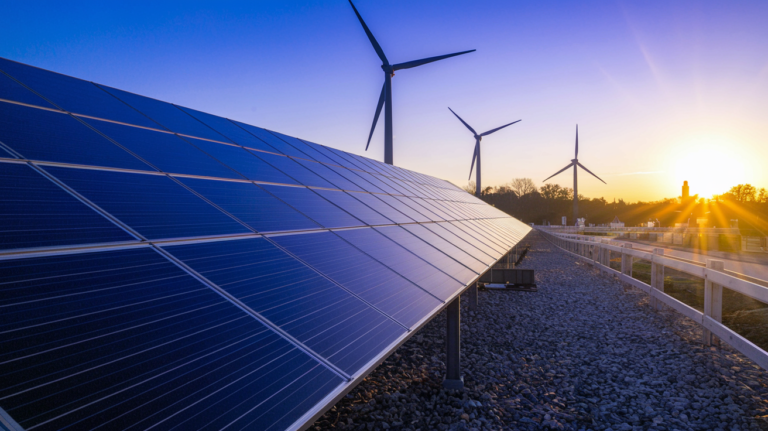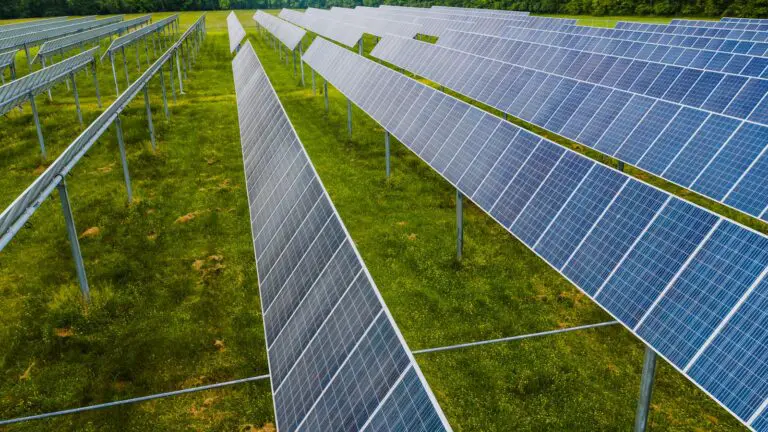Solar Panel Loans vs. Green Home Improvement Loans: An Overview of Key Differences
When it comes to financing eco-friendly home upgrades, homeowners often face a choice between solar panel loans and green home improvement loans. Both types of loans offer benefits, but they cater to different needs and projects. This article will explore the key differences between these loan options, providing clarity to help you make an informed decision.
Understanding Solar Panel Loans
Solar panel loans are designed specifically for financing the installation of solar energy systems. These loans cover the costs associated with purchasing and installing solar panels, including equipment and installation fees.
Purpose and Scope
Solar panel loans are tailored to support solar energy projects. They cover expenses related to the purchase and installation of solar panels and associated equipment. These loans are ideal for homeowners looking to reduce their utility bills and enhance their home’s energy efficiency through solar power.
In contrast, green home improvement loans cover a broader range of energy-efficient upgrades. These may include insulation, windows, or HVAC systems. This broader scope allows for comprehensive home upgrades beyond just solar energy.
Interest Rates and Terms
Interest rates on solar panel loans can vary widely depending on the lender and your credit profile. Generally, these loans offer competitive rates compared to other types of financing. Some lenders may even offer specialized rates for solar projects.
For example, EnergySage provides insights into various financing options for solar panels, highlighting competitive interest rates and terms.
Green home improvement loans, however, might come with different interest rates depending on the extent of the improvements and the lender. Rates can vary based on the specific improvements being financed and the lender’s criteria.
Eligibility and Requirements
To qualify for a solar panel loan, lenders typically require proof of homeownership, a good credit score, and a detailed plan for the solar installation. Some lenders may also require estimates from contractors or proof of potential energy savings.
Green home improvement loans may have broader eligibility criteria. They often require a general plan for the home improvements but might not need the same level of detail as solar panel loans. These loans can be more flexible, accommodating various types of home upgrades.
Tax Benefits and Incentives
Solar panel loans often come with specific tax benefits and incentives. For instance, the federal Investment Tax Credit (ITC) allows homeowners to deduct a significant percentage of the cost of solar panel installation from their federal taxes. Additionally, some state and local incentives may further reduce costs.
The Solar Energy Industries Association (SEIA) provides up-to-date information on federal and state tax incentives for solar energy.
Green home improvement loans may also qualify for tax benefits, though these are typically less specific. Energy-efficient home improvements might qualify for various rebates or deductions, but they vary based on the type of upgrade and location.
Comparing Green Home Improvement Loans
Green home improvement loans are broader in scope compared to solar panel loans. They can finance various types of eco-friendly upgrades beyond solar energy.
Scope of Eligible Improvements
These loans cover a wide range of upgrades, such as:
- Insulation improvements
- Energy-efficient windows
- High-efficiency HVAC systems
- Water conservation measures
This flexibility makes green home improvement loans a good choice for homeowners looking to make multiple energy-efficient upgrades in one go.
Loan Types and Terms
Green home improvement loans come in several forms, including:
- Personal loans
- Home equity loans
- Home equity lines of credit (HELOCs)
- Energy-efficient mortgages (EEMs)
Each type has its own set of terms, interest rates, and repayment structures. For more details on these options, check out Energy.gov’s guide on financing energy-efficient upgrades.
Eligibility and Application Process
Eligibility for green home improvement loans varies depending on the loan type. Typically, lenders require:
- Proof of income
- Credit score
- Details of the home improvement projects
The application process can be straightforward, with lenders often providing online applications and quick approval times.
Potential Savings and Benefits
Green home improvement loans offer several benefits, including:
- Improved home value: Energy-efficient upgrades can increase the value of your home.
- Reduced utility bills: Many upgrades lead to lower energy consumption and costs.
- Enhanced comfort: Better insulation and HVAC systems contribute to a more comfortable living environment.
The U.S. Department of Energy offers insights into the potential savings and benefits of energy-efficient home improvements.
Key Differences Between Solar Panel Loans and Green Home Improvement Loans
Understanding the differences between these loan types can help you choose the best option for your needs.
Purpose and Use
- Solar Panel Loans: Specifically for solar energy systems.
- Green Home Improvement Loans: For various energy-efficient upgrades.
Interest Rates and Terms
- Solar Panel Loans: Often competitive with specialized rates.
- Green Home Improvement Loans: Rates vary depending on the type of loan and improvements.
Eligibility and Application
- Solar Panel Loans: Requires detailed plans and proof of potential energy savings.
- Green Home Improvement Loans: Generally more flexible with broader eligibility criteria.
Tax Benefits
- Solar Panel Loans: Specific tax credits and incentives for solar installations.
- Green Home Improvement Loans: Various rebates and deductions, but less specific.
Conclusion
Choosing between solar panel loans and green home improvement loans depends on your specific needs and goals. Solar panel loans are ideal for those focused on solar energy installations, while green home improvement loans offer flexibility for various eco-friendly upgrades. Evaluating your project scope, budget, and eligibility will help you make the best decision for your home and finances.
